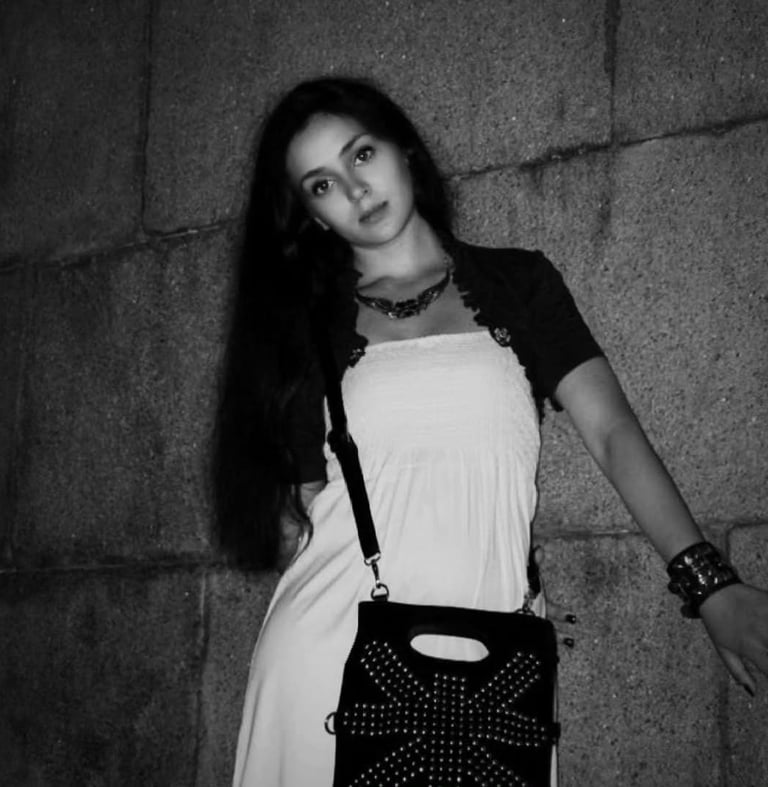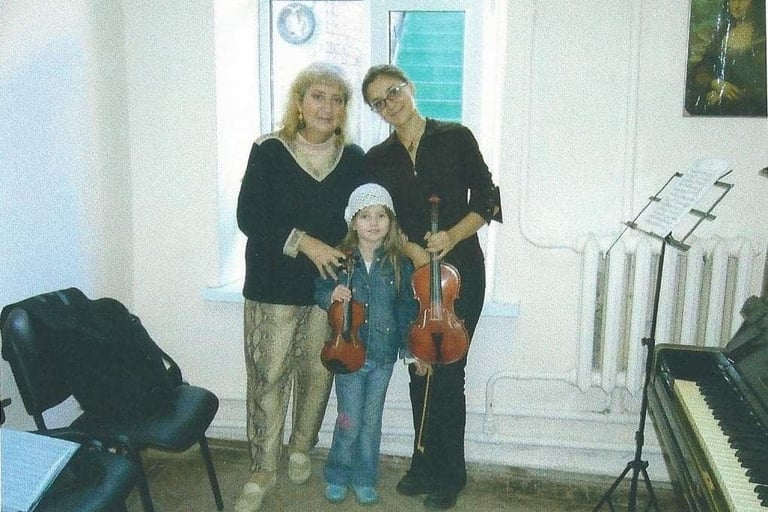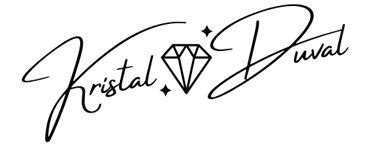Path Through Darkness
From surviving earthquakes, war, and betrayal to finding purpose in music, theatre, and the goth and steampunk communities — a story of resilience, reinvention, and the beauty found in shadows.
BIOGRAPHYMEMOIRS
Kristal Duval
9/9/200211 min read


The Fortress
I was born into chaos. Wars were a constant background noise in my earliest years, shaping the world I opened my eyes to. In 1988, when I was just born, an earthquake ripped through my city, shaking it to its core and turning everything upside down.
I’ve been told the story so many times I can see it in my mind — my mom clutching me tightly, running barefoot through the trembling streets, shouting to our neighbor to get out before it was too late. My grandfather, a gifted painter, was trapped under the rubble of his building. Hours later, he was pulled out alive, but his paintings — the work of a lifetime — were gone. He never picked up a brush again. The earthquake didn’t just take buildings; it took the dream from his hands.
And yet, even in his silence as a painter, he shared his gift with me and later with my sister. He taught me how to see colors others miss, how to read the mood of the sky, and how to respect the weight of a shadow. It was his way of giving me pieces of the world he could no longer paint himself.
The city people knew wasn’t the same. Streets were lined with broken walls and makeshift shelters. Everywhere, there were signs of survival — people carrying water in battered containers, children wrapped in blankets too thin for the winter, and the smell of a wood smoke in the air. The earthquake had left physical scars, but the invisible ones were worse.
We lived in a military base built in old fortress — its walls thick and cold, its corridors echoing with every footstep. Inside, we stayed together: my parents, grandparents, uncle (he was 14 at the time), and later my sister and brother. The fortress became our shelter.
Even in the darkness, hope survived. A thin, stubborn hope that kept us moving forward when logic said we shouldn’t have had anything left to hold onto. My mom had served in the Army long before I was born, and that discipline and strength helped our whole family survive. She turned our home into a green garden, with plants in every corner. My grandmother, a nurse, helped in every way she could. My father eventually found a way to open a small military shop. My grandfather taught me to paint and draw, and my uncle followed the military path too, teaching me to be strong.
Betrayed by the Army
My mother served in the Russian Army for 25 years. She started service 8 years before I was born, and her strength helped us survive during the darkest times. She gave her best years, her health, her time, and her loyalty to the service. But instead of honoring her, they turned their backs on her when she needed them most.
They dismissed her before her service was complete, using a heart disease — a condition she developed because of the Army — as their excuse. This wasn’t about her health; it was about money. They didn’t want to pay the military retirement she had earned over decades.
They gave her a tiny apartment in Russia for a family of five and left her with only $100 a month to survive. That was their “thank you” for her years of dedication, sacrifice, and discipline.
For me, it was more than injustice — it was a lesson in how institutions can break the very people who serve them. It was this betrayal that forced us to pack up our lives and start over in a different city, carrying the weight of everything we had lost.
They even came to me and asked if I wanted to join the Russian Army, like my mom. I had already won several rifle shooting competitions and completed basic school military training. But I said, “No — I will be another kind of warrior. I choose love, art, and freedom.”
I’m grateful for my family. I owe your system nothing — leave me alone. I left, and I’m not coming back.
Finding Strength Through Music and Theatre
When I was 16, we moved to Russia. But I never stayed in that home — it never felt like mine. I left and went to study music in college in another city, eight hours by train from my parents’ home. Music and theatre were the only things that felt alive to me, the only places I could breathe. I knew my parents couldn’t help me financially — they had my younger sister and brother to raise — so I supported myself. I had been working since I was 12 with my father in his military shop, so finding jobs came naturally.
Life moved quickly. I lived in a college dorm, already fighting depression, when something cruel happened. Several students jumped from the dormitory roof. One of them fell right before my eyes. My reaction was strange: first I stood there frozen, then I laughed, and finally I fell to my knees, crying so loudly it felt as if the world itself had shifted beneath me. That image traumatized me and stayed with me.
I needed to understand why people so young would give up on life, so I began reading everything I could on psychology and psychiatry. I would spend half of every Sunday in the library, searching for answers in books. Writing helped me survive; I poured all my feelings into words.
I left the dorm and moved into the Musicians’ House. The kind Jewish woman Miriam who owned it rented me the attic, which had been converted into a loft with its own bathroom. Soon we became good friends with Miriam. She said she wished she had a daughter like me, but she had only sons. She saw my many talents and encouraged me. One day, she gifted me a violin, telling me her son had gone to New York to play in an orchestra and no longer needed it. I was insanely happy. There, in that attic, I slowly began to heal.


From Rostov’s Creativity to Petersburg’s Horrors
I loved Rostov-on-Don — the city of jazz, theatres, and creativity. There, I immersed myself in everything: the Musical Theatre, Puppet Theatre, Youth Theatre, Dance Theatre, opera, jazz, blues, and rock. I photographed, attended art galleries, joined book clubs, read poetry, and nourished my soul at concerts, music festivals, and film festivals. With our Dance Theatre, we even traveled to other Russian cities, performing and sharing our art. Jazz, especially, held a special place — both Jewish and Armenian communities adored it.
In Rostov, I met friends from many different races, nationalities, cultures, and communities. I had Russian and Ukrainian friends, many Jewish friends, Armenian and Azeri friends, as well as friends from Dagestan, Chechnya, Tatarstan, Kazakhstan, and Turkey. I even met students from Uganda, Cameroon, and Madagascar who were studying medicine at the university, preparing to return home as doctors and nurses.
I also had many friends from the LGBTQ+ community. And of course, there were my goth and steampunk friends — a vibrant, eclectic group of many nationalities as well. Rostov was a city where cultures intertwined, and through these friendships, I learned how art, music, and style could connect people from every corner of the world. People from different communities, families, and beliefs came together. Art and music united us.
Many of Rostov’s jazz musicians went on to study at Berklee College in the US. My violin teacher, after relocating, invited me to Canada. A jazz musician friend from Rostov even asked me to join him in New York City. But instead of crossing the ocean, I chose another path. I had been dreaming of Saint Petersburg — the city of museums, palaces, and theatres.
Before I left, I called my soul mother, Nelly Romanova, who was still in Armenia. She had studied science at Saint Petersburg University years ago, and I asked her if I should go. She warned me: “This city is beautiful on the surface, but dark and cruel at its core.”
I didn’t listen. I was blinded by its beauty and decided to go anyway.
It was a huge mistake. While my friends left for the US, Canada, or Europe, I went to Saint Petersburg. And though I have mixed feelings about that city, I cannot deny the truth: it took everything from me. It was a bitter disappointment.
I lived there for about seven years, though in truth, if I count fairly, it was only five. The rest of the time I was running — to Finland, France, Spain, Italy, anywhere but there. Traveling became my way to escape, because the city itself was suffocating. Eventually, I left Saint Petersburg for good and never looked back. Yet its shadows still haunt me.
From that darkness, I wrote my novel Crimson Vesper — a book that captured the horrors and shadows of that city, a place that to me became a hellhole of cruelty: fascists disguised as patriots, sick religion mixed with politics, two thousand cannibals, criminals, monsters and broken people with broken dreams.
The main issue with that city was fascism. Every day, I was told that there was something wrong with me. When I was pale, they said I looked like a ghost; when I was tan, they said I looked like a gypsy. When I went to find work in theaters, they asked, “Who would you play, gypsies?” They told me my mixed nationality meant my blood was dirty. I’ve heard far worse things about myself — things I can’t even share here because they were too awful.
I often heard things like, “Go back home.” It almost made me laugh. How can I “go back” when this place was never truly theirs to begin with? The land once belonged to Finland and Sweden.
History shifts, borders change, but home is where your soul is. People who say such things don’t know history well — and probably never looked closely at a map in their lives.
I’m glad I had a great history teacher at school. I’ve always been a bit of a history nerd, so whenever I heard people say such funny things, I went back to check old maps.
So when someone says weird things like “Go back home,” I laugh, because it sounds so dumb. The level of intelligence in those people is too low. I saw people of different nationalities and beliefs being harassed every single day before my eyes. They had a bad word for each nationality. It was awful.
Let’s be clear: I have nothing against Russians as a nationality. I have many Russian friends and family. I grew up among Russians who are intelligent, compassionate, and firmly against war and dirty politics. I adore Russian literature, art, and culture. But its history is dark.
The problem comes from the government and from people who never question, who never research, who choose to stay blinded by hate.
Fascism is a disease, and I often wondered how that virus could spread in Russia — a country that is a blend of so many cultures, beliefs, and nationalities, a country that once fought against fascism during the Second World War. All nationalities stood together then, fighting side by side. From my own family’s side, many fought against it — one even marched all the way to Berlin.
I was trying to understand why this disease was spreading in Russia. Why had I never seen it in the South — never in Rostov-on-Don or other southern cities — but I saw it in Saint Petersburg? I would hear hateful things said about Ukrainians, even though Ukrainians are the closest nation to Russians. I heard insults aimed at people of other nationalities and religions. Why was this virus spreading in that city — and why was it mixed with religion? When religion and politics become entangled, it turns into something truly evil.
But they couldn’t break me. When I was denied work in many theatres because of fascism, I teamed up with other actors and directors, and together we built a Youth Theatre with our own hands — and later, an Experimental Theatre with other actors. I never gave up. But the truth is, I should have left that city earlier. I stayed, trying to change things, but sometimes it doesn’t work that way.
I’ve traveled to 36 countries and visited many cities, but I’ve never seen a city worse than St. Petersburg. As a tourist, you can visit it for a short time—one or two weeks at most. But if you try to live there, it will eat you alive. Its energy is dark and cruel.
I’m curious—why do they act so surprised? They destroy people’s lives, and then look shocked when someone tells the truth about their city.
Honestly, it was almost fun to watch them try to break me. How could they? I’ve already met the void. I’ve already been through hell. I’m unbreakable. You will grow old and exhausted trying to break me—burned out long before I ever bend.
I left!!! LEAVE ME ALONE!!!
Work became my way of surviving depression. My college teachers recognized my many talents and allowed me to attend only practical lessons; for theoretical classes, I only showed up for exams. The opera and folk vocal teachers competed for me to join their choirs, but I insisted I could do both. I sang in the opera choir, took solo opera lessons, studied art, conducting, and musical instruments — all while working part-time at the Musical Theatre as a dancer, choir singer, and actor.
One day, the Art Director of the Musical Theatre came to our college to search for new talents, and I was among the few chosen. It was one of the happiest moments of my life.
My days began at college, continued with theatre rehearsals, and ended with side jobs such as street photography and videography. I slept only four to six hours a night — sometimes not at all. I practiced singing, violin, piano, and later guitar and harmonica. At times, I even slept in the theatre; it became my home. On Sundays, I sang in the Orthodox church, after being invited by my Art History teacher to join the choir.
Later I’ve joined Music College to study Jazz singing, guitar and harmonica.
For six years, I lived on an insane schedule — always running, always working, never stopping to breathe. Later, when I reflected in my writings, I understood that part of it was my way of trying to outrun the shadows in my mind. Those years made me stronger. Despite all the hardship, I was happy in Rostov.
Goth, Steampunk, and the Art of Reinvention
I found the goth subculture — and it felt like finding my reflection. Joining the goth culture allowed me to express the pain and resilience that had become a part of who I am. The dark clothing, dramatic makeup, and sad music mirrored the shadows in my life. It was a way to make my invisible wounds visible and to find beauty in the darkness.
In the goth community, I met others who truly understood the dark in our lives. We shared a common language of loss, longing, and resilience. I had been writing dark poetry and music as a form of catharsis, channeling my emotions into creative expression. Performing in rock bands — singing and playing music that spoke to the depths of my life — gave me a profound sense of connection and understanding.
The goth subculture became more than just an aesthetic; it was a way to confront the darkness and transform it into something meaningful and beautiful.
Later, I discovered the steampunk community. Its blend of Victorian elegance, mechanical fantasy, and creative freedom gave me another outlet — a way to explore imagination while still holding onto the depth and darkness that had shaped me. Both goth and steampunk became safe spaces where I could be fully myself, surrounded by people who understood.
Even within the goth scene, I developed my own style. In Armenia, most people wore black, so I came up with a different idea: I chose white and red instead, with only black accessories, adding my own twist to the aesthetic. My jazz teacher in music college once told me I had a unique style — she loved it and even said I should become a fashion designer. Inspired, I began finding unusual pieces of clothing and transforming them with a sewing machine into something uniquely mine. I was quick — from words to action, it took only seconds.
That passion eventually led me to co-found a costume studio with a fashion designer friend from LGBTQ+ community. We designed outfits not only for dancers but also for goths, steampunks, musicians, and other performers. Later, the studio expanded into an online store, sending our creations far beyond our city — to people in the same communities that had once given me a home.


© Kristal Duval / Kristal Devine.
All content is protected under
U.S. Copyright Law, U.K. Copyright,
and E.U. copyright directives.
International copyright laws also apply.
Unauthorized use is prohibited.
Based in NYC.
Creating Worldwide:
NYC, Toronto, Los Angeles, Mexico City, Barcelona, London, Edinburgh, Berlin, Paris, Rome, Bangkok, Tokyo.
© 1999 - 2025 email@kristalduval.com


